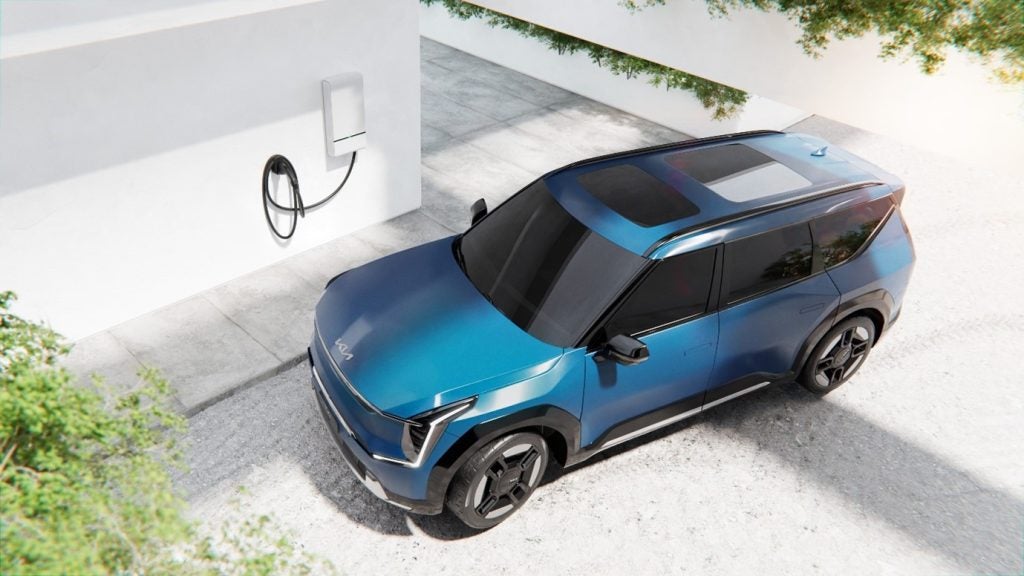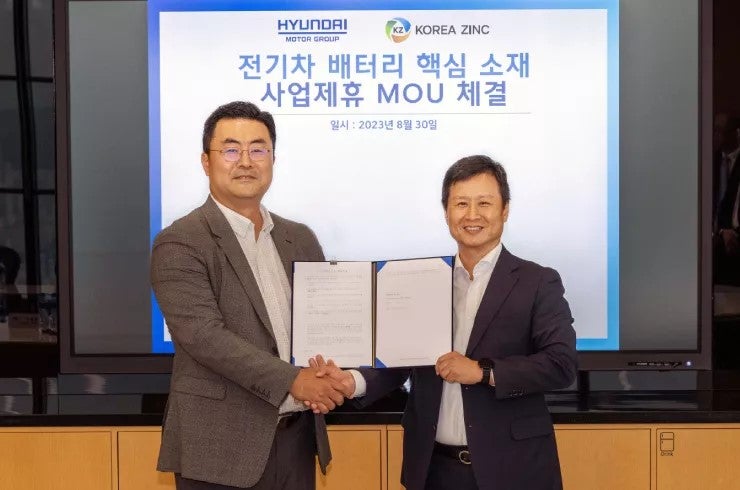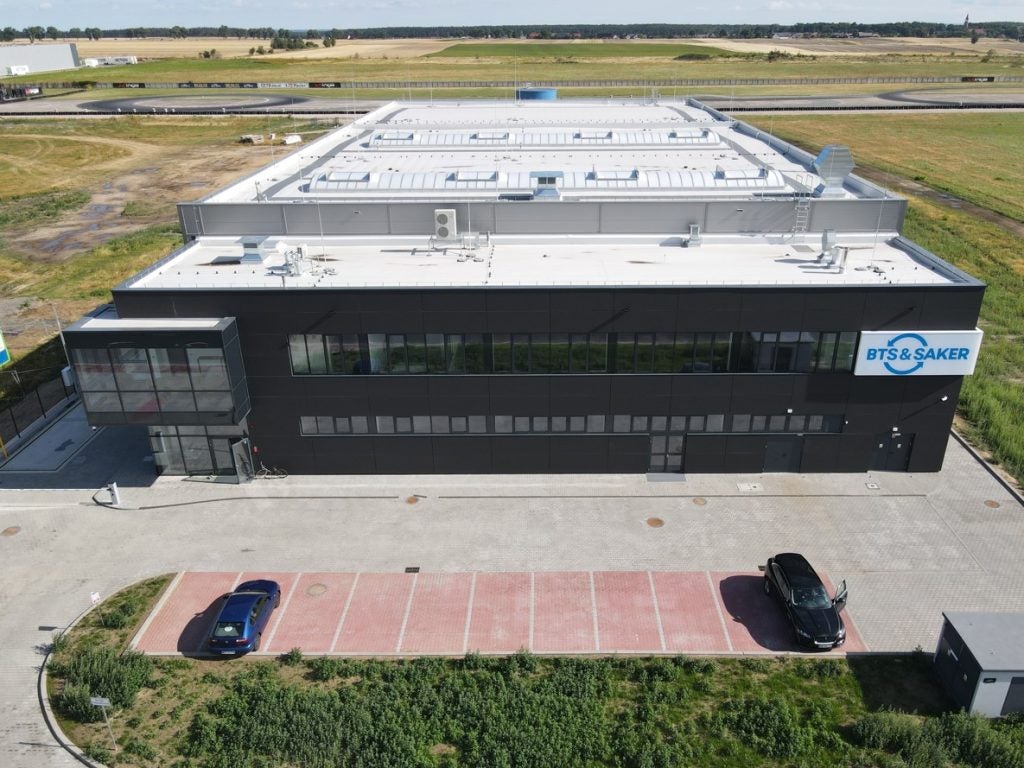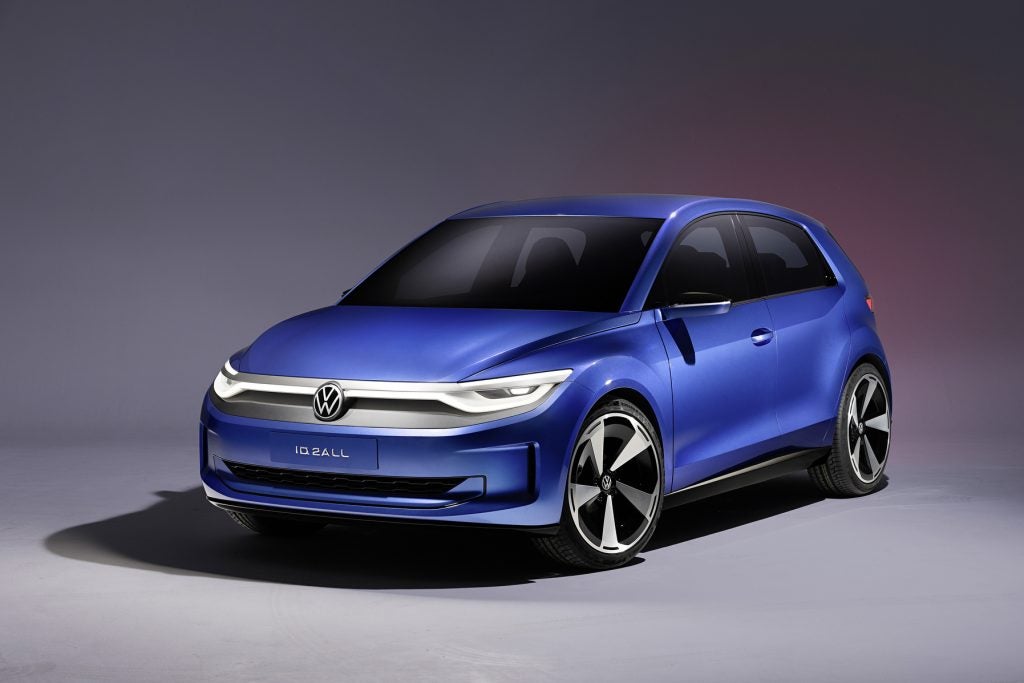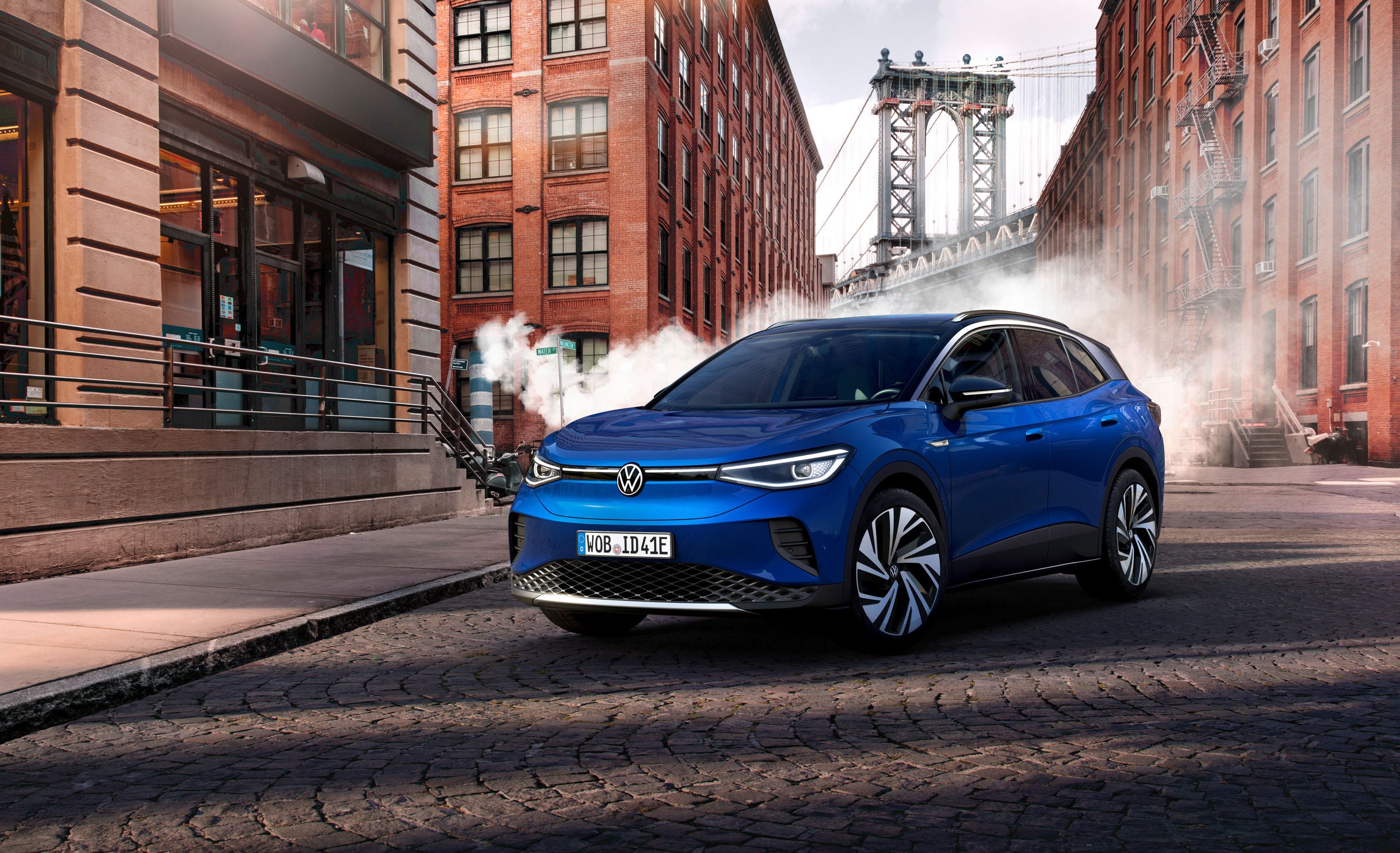
Despite concerns raised about the EU’s position in the worldwide competition for battery investments, the European Commission remained steadfast in its intention to implement tariffs on EVs exported from the UK to the EU starting in 2024.
According to the Financial Times, the British government, backed by a handful of European automakers, “is seeking a deferral of a post-Brexit trade rule it argues will heap excessive costs on to the industry from 2024 to 2027.”
Rules requiring EVs traded between the EU and UK to have a certain percentage of their battery and parts sourced from the EU or UK have raised concerns. Failure to meet these would result in 10% tariffs.
However, a senior commission official, Richard Szostak, recently told British and EU parliamentarians that battery investment in the EU had declined significantly, and the tariffs would encourage domestic production.
The Financial Times reported Szostak noted the “EU’s share of global investment in battery production dropped from 41% in 2021 to just 2% in 2022, after the US offered large subsidies under its Inflation Reduction Act”.
“In addition to the pull factor (from the US’s IRA) … we would be adding a push factor encouraging batteries to be bought in China or the US (by not introducing cross-channel tariffs). That is the other side of the discussion,” Szostak said.
The combination of Chinese dominance and slow progression in European battery factory openings means the majority of European made cars will not meet the rules of origin being imposed.
Starting from 2024, carmakers must have 22% of their UK sales comprised of zero emission vehicles, necessitating the importation of European built EVs.
However, most Japanese and South Korean EVs can be imported into the UK without tariffs under their post-Brexit trade deals.
Consequently, EU carmakers reportedly risk “losing market share in the UK if their EVs face 10% levies”.
ACEA estimated its members would face a EUR4.3bn bill from the tariffs between 2024 and 2026.
The SMMT has warned that imposing tariffs on EU imports would hinder UK EV sales in the UK due to consumers facing growing prices.
In response to Szostak’s remarks, UK trade minister Dominic Johnson emphasised the need for efficient cross border access to each other’s supply chains, rather than building separate ones.
The Financial Times said “EU-based carmakers are hoping their national governments will pressure the commission to change its approach but admit that has not happened yet.”


